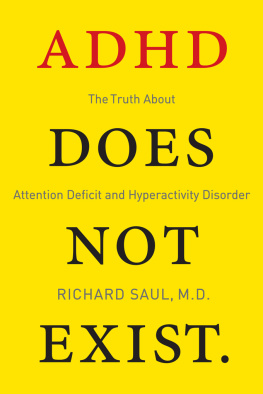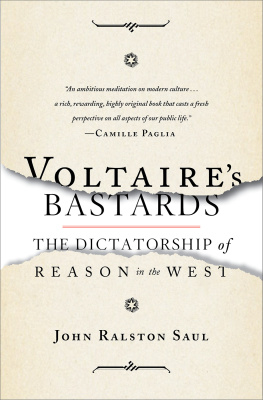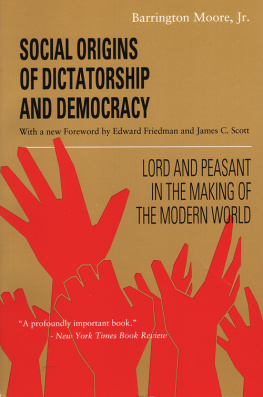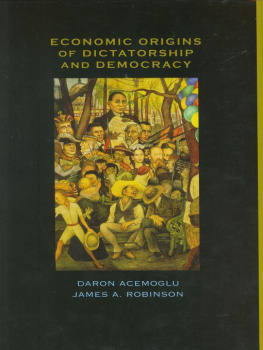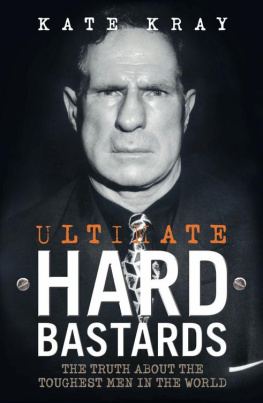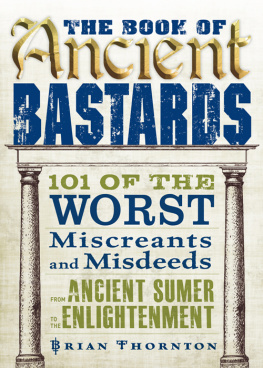PENGUIN CELEBRATIONS
VOLTAIRES BASTARDS
JOHN RALSTON SAUL s philosophical worksVoltaires Bastards, The Doubters Companion, The Unconscious Civilization, and On Equilibriumhave had a growing impact on political thought in many countries. His five novels, including the international bestseller The Birds of Prey, deal with modern power and its clash with the individual. In The Collapse of Globalism: And the Reinvention of the World, Saul confronts the dominant ideology of globalization. Like his non-fiction, his novels have been translated into over a dozen languages.
His work has received many national and international awards, including the Governor Generals Literary Award, the Premio Lettarario Internazionale in Italy, and Chiles Pablo Neruda Medal in celebration of the hundredth anniversary of Nerudas birth.
Saul was born in Ottawa and studied at McGill University and Kings College, London, where he obtained his Ph.D.
Voltaires Bastards
The Dictatorship of Reason in the West
JOHN RALSTON SAUL


Published by the Penguin Group
Penguin Group (Canada), 90 Eglinton Avenue East, Suite 700, Toronto, Ontario, Canada M4P 2Y3
(a division of Pearson Canada Inc.)
Penguin Group (USA) Inc., 375 Hudson Street, New York, New York 10014, U.S.A.
Penguin Books Ltd, 80 Strand, London WC2R 0RL, England
Penguin Ireland, 25 St Stephens Green, Dublin 2, Ireland (a division of Penguin Books Ltd)
Penguin Group (Australia), 250 Camberwell Road, Camberwell, Victoria 3124, Australia
(a division of Pearson Australia Group Pty Ltd)
Penguin Books India Pvt Ltd, 11 Community Centre, Panchsheel Park, New Delhi 110 017, India
Penguin Group (NZ), 67 Apollo Drive, Rosedale, North Shore 0632, New Zealand
(a division of Pearson New Zealand Ltd)
Penguin Books (South Africa) (Pty) Ltd, 24 Sturdee Avenue, Rosebank, Johannesburg 2196, South Africa
Penguin Books Ltd, Registered Offices: 80 Strand, London WC2R 0RL, England
First published in a Viking Canada hardcover by Penguin Group (Canada),
a division of Pearson Canada Inc., 1992
Published in Penguin Canada paperback by Penguin Group (Canada),
a division of Pearson Canada Inc., 1993
Published in this edition, 2009
1 2 3 4 5 6 7 8 9 10 (WEB)
Copyright John Ralston Saul, 1992
All rights reserved. Without limiting the rights under copyright reserved above, no part of this
publication may be reproduced, stored in or introduced into a retrieval system, or transmitted in any
form or by any means (electronic, mechanical, photocopying, recording or otherwise), without the prior
written permission of both the copyright owner and the above publisher of this book.
Manufactured in Canada.
Library and Archives Canada Cataloguing in Publication data available
upon request to the publisher.
ISBN: 978-0-14-317156-0
Except in the United States of America, this book is sold subject to the condition that it shall not,
by way of trade or otherwise, be lent, re-sold, hired out, or otherwise circulated without the publishers
prior consent in any form of binding or cover other than that in which it is published and without
a similar condition including this condition being imposed on the subsequent purchaser.
Visit the Penguin Group (Canada) website at www.penguincelebrations.ca
Special and corporate bulk purchase rates available; please see
www.penguin.ca/corporatesales or call 1-800-810-3104, ext. 477 or 474
For
MAURICE STRONG
who taught me that a sensible relationship
between ideas and action is possible.
Ecartons ces romans quon appelle systmes;
Et pour nous lever descendons dans nous-mmes.
V OLTAIRE
Contents
ARGUMENT
SCENES FROM A SYSTEM THAT DOESNT WORK
SURVIVING IN FANTASY LAND
The Individual in the World of Reason
PART I
Argument
Reason is a narrow system
swollen into an ideology.
With time and power it has
become a dogma, devoid of
direction and disguised as
disinterested inquiry.
Like most religions, reason
presents itself as the solution
to the problems it has created.
1
In Which the Narrator Positions Himself
I n moments of great passion, the mind tends to be flooded with a warm vision of the person in our arms. We are unlikely, at that point, to be analyzing their flaws, real or hypothetical. Even less likely if lying in darkness. As for the possible product of our intercourse, only the most peculiar lover would be fretting, while in the act, over whether such a child might or might not be an appropriate and worthy creation.
Voltaire and the other thinkers of the eighteenth century could be criticized, with the facility of hindsight, for the passion with which they embraced reason. But they lived in societies still ruled by the demeaning vagaries of court life. All of them had been thrown in jail or risked it simply for expressing their opinions. In most countries justice still used torture as an official method of interrogation and the condemned faced a variety of brutal punishments; being broken on the wheel, for example. This and other tools of arbitrary power constituted a social form of darkness. The philosophers of Europe, England and America threw themselves into the arms of reason, convinced that birth would be given to new rational elites capable of building a new civilization. This love affair was fertile to the point of being miraculous and society was subsequently reformed for the better beyond what any of these thinkers had imagined.
And yet the exercise of power, without the moderating influence of any ethical structure, rapidly became the religion of these new elites. And their reforms included an unparalleled and permanent institutionalization of state violence. This was accompanied by a growing struggle between democratic and rational methods, with the rational increasingly at an advantage.
Were Voltaire to reappear today, he would be outraged by the new structures, which somehow deformed the changes for which he struggled. As for his descendants our ruling elites he would deny all legal responsibility and set about fighting them, as he once fought the courtiers and priests of eighteenth-century Europe.
It is difficult now to reconstruct the impact that Voltaire had on his times. He was the single most famous individual of the eighteenth century. In spite of neither being a philosopher nor having an integrated philosophy, he set the Western agenda for much of the nineteenth century. His life was filled with contradictions. On the negative side, he was consumed by social and financial ambition. A product of the middle class, he wasted a good part of his life trying to win acceptance from the aristocracy and attempting to succeed as a courtier. The son of a provincial businessman, he made a fortune out of farming, manufacturing and the money market, but in the process was involved in endless ugly scandals and lawsuits. On the other hand, he was driven by an uncontrollable belief in social reform. And he alone of the eighteenth-century Western writers knew how to carry that argument into the public place.
Two unforeseen catastrophes forced him to favour the positive side of his character. In 1726 he was thirty-two years old and imprisoned in the Bastille for the second time. The authorities offered him freedom if he would go into exile. He went to England for two and a half years and was thus exposed to the country where men think free and noble thoughts. In fact, he returned to France exaggerating the virtues of England as a way of encouraging change at home.
Next page


